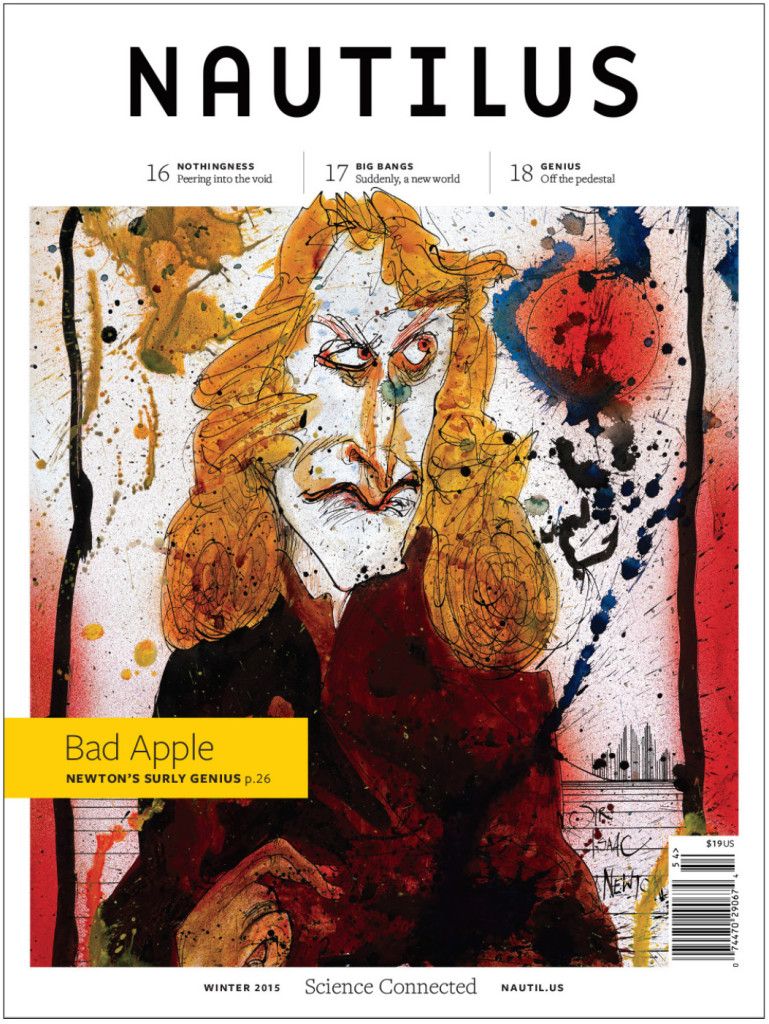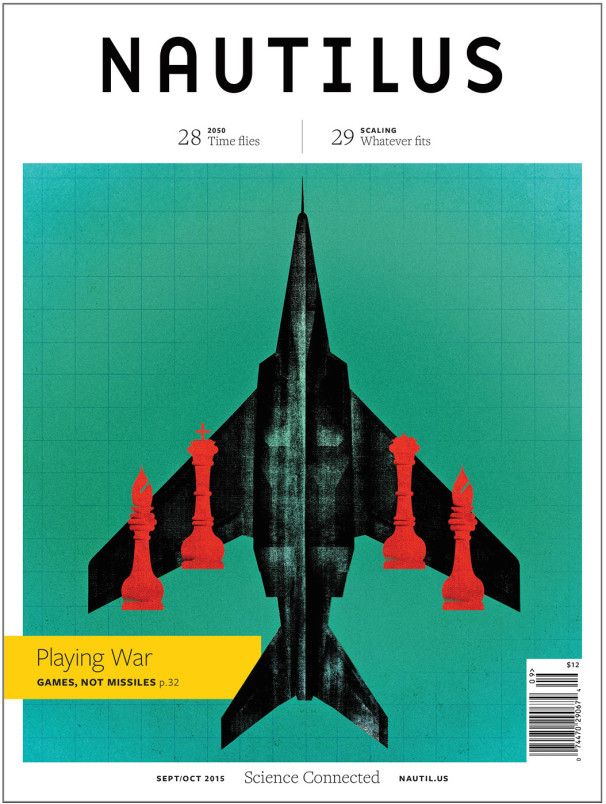Nautilus Magazine
Nautilus Magazine has been called a “New Yorker version of Scientific American.” I am an occasional contributer to their magazine, where I interview scientists and write essays on the intersection of psychology and culture for their “Facts So Romantic” blog. Read excerpts below.
Website: Nautilus Magazine

Read: This Man Wants Magic to Be a Branch of Psychology
In his rather untidy office at Goldsmiths, University of London, the cheerful and vaguely rumpled Gustav Kuhn grabs what looks like a wire-frame pyramid off of an otherwise empty shelf. Holding it gently, his Swiss-English accent crackling over our transatlantic Skype connection, he says, “I tried to investigate pyramid power—the idea was that you could put a razor blade or food under the pyramid and the blade would sharpen or the food would stay preserved.” In San Francisco, I raise an eyebrow. Kuhn grins in response, pauses, and baits my question in a way only a professor can. But before I can ask, he places the pyramid back on the shelf, chuckles to himself, and says, “It doesn’t work, of course. Real magic doesn’t exist.” Continue reading...

Read: Are You More Likely to Be a Baker If You’re Named “Baker”?
You may like to imagine that your major life choices—where you live, who you marry, what you do for a living—are based on rational weighing of options. In your relationships, for example, you might seek someone that jives with your personality and shares your life interests, beliefs, and Netflix preferences. So the fact that you have a similar sounding name as your significant other, or share a birthday number (the number of the day you were born), shouldn’t factor in your decision at all—right? Continue reading...

Read: Epilepsy Patients Are Helping Us Read Minds
Irvin Yalom, an emeritus professor of psychiatry at Stanford University, dreamt about peering into minds. “A series of distorting prisms block the knowing of the other,” he wrote in Love’s Executioner: And Other Tales of Psychotherapy, in 2012. “Perhaps in some millennium, such union will come to pass—the ultimate antidote for isolation, the ultimate scourge of privacy.” If Kai Miller, a neuroscientist and neurosurgeon at Stanford Medicine, has his way, that day may come sooner rather than later. Continue reading...

Read: How Facebook Fuels Relationship Anxiety
John Bowlby, born in 1907 London to an upper class family, had little parental love. His mother believed (as was common at the time) kindness would spoil children, and his father, a knighted surgeon, left home to fight in the Great War; his primary caregiver, a nursemaid named Minnie, who did love him, was let go when Bowlby was four. At seven, he was sent to boarding school. (“I wouldn’t send a dog away to boarding school at age seven,” he later remarked.) After boarding school and a brief stint in the Navy, he was accepted at Cambridge to study medicine, which he abandoned after three years to work with a group of maladjusted children. This led Bowlby to study psychiatry at the Maudsley Hospital, in south London, now the largest mental health-training center in the United Kingdom. Continue reading...
Kevin has no memory of his life before copywriting. It has been said that he arrived on Earth in a small altoids tin, along with a receipt for sungalasses. However, based on interviews, two weeks of archival research, and machine analysis of the scars and abrasions on his elbows and knees, it can be said with a confidence interval of 95% that before his current life he was for many millenia an amoeba, a wooden spoon, and then a teacup.